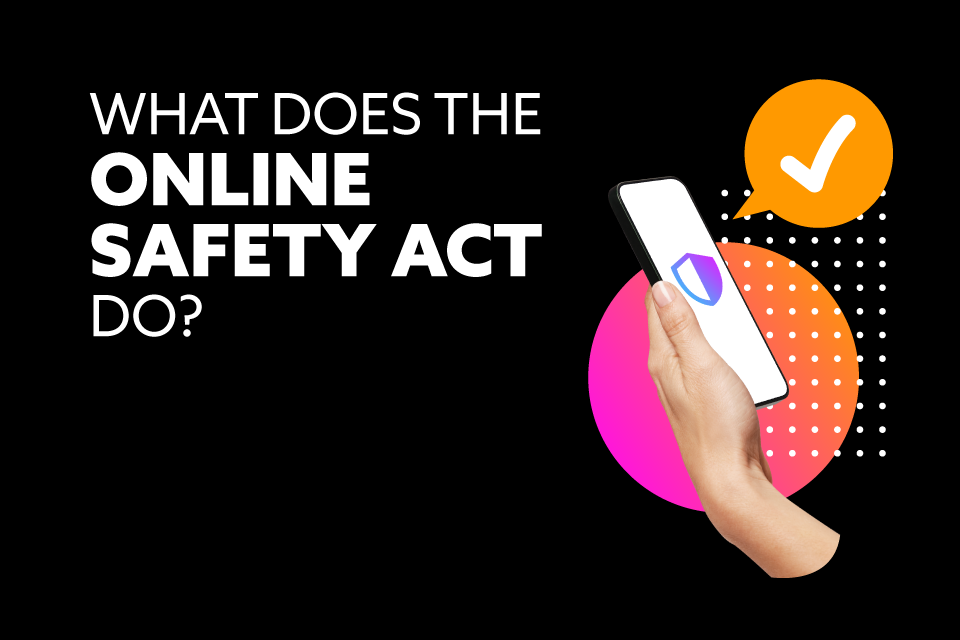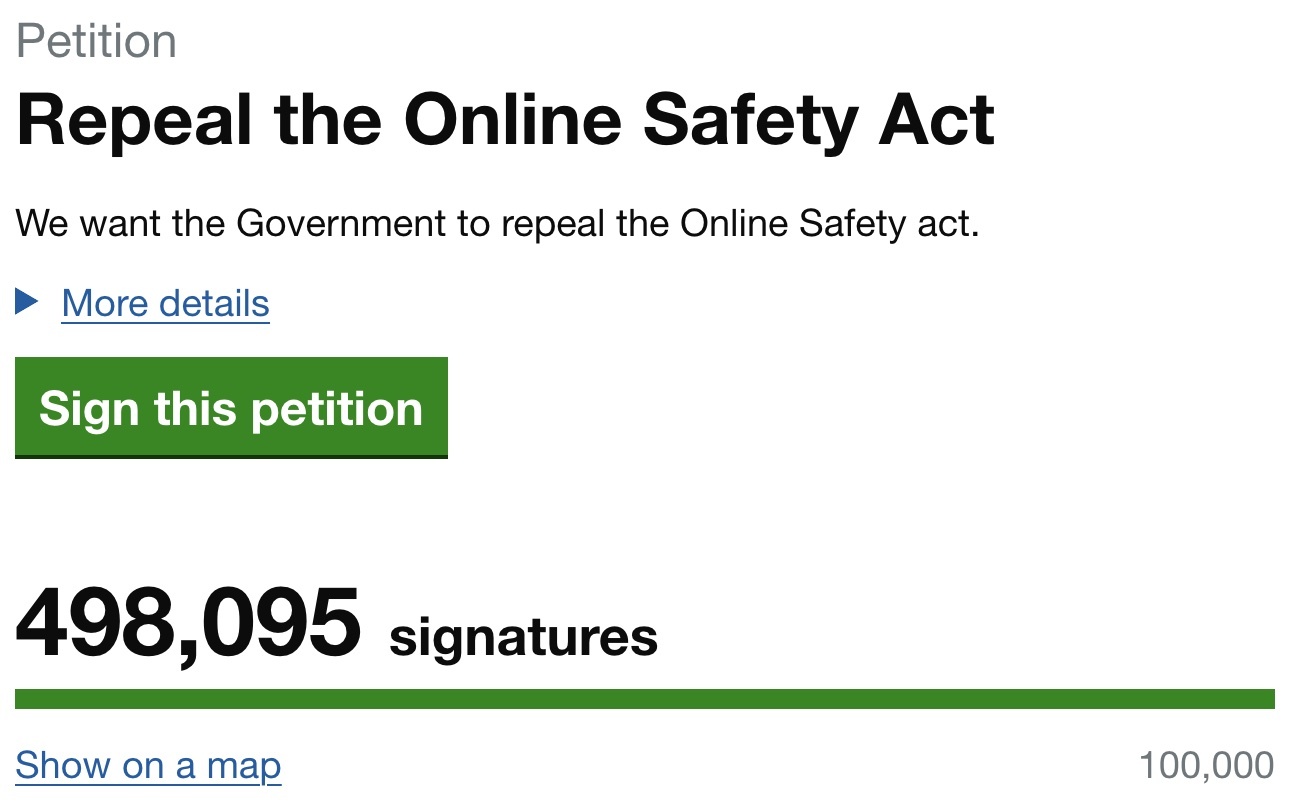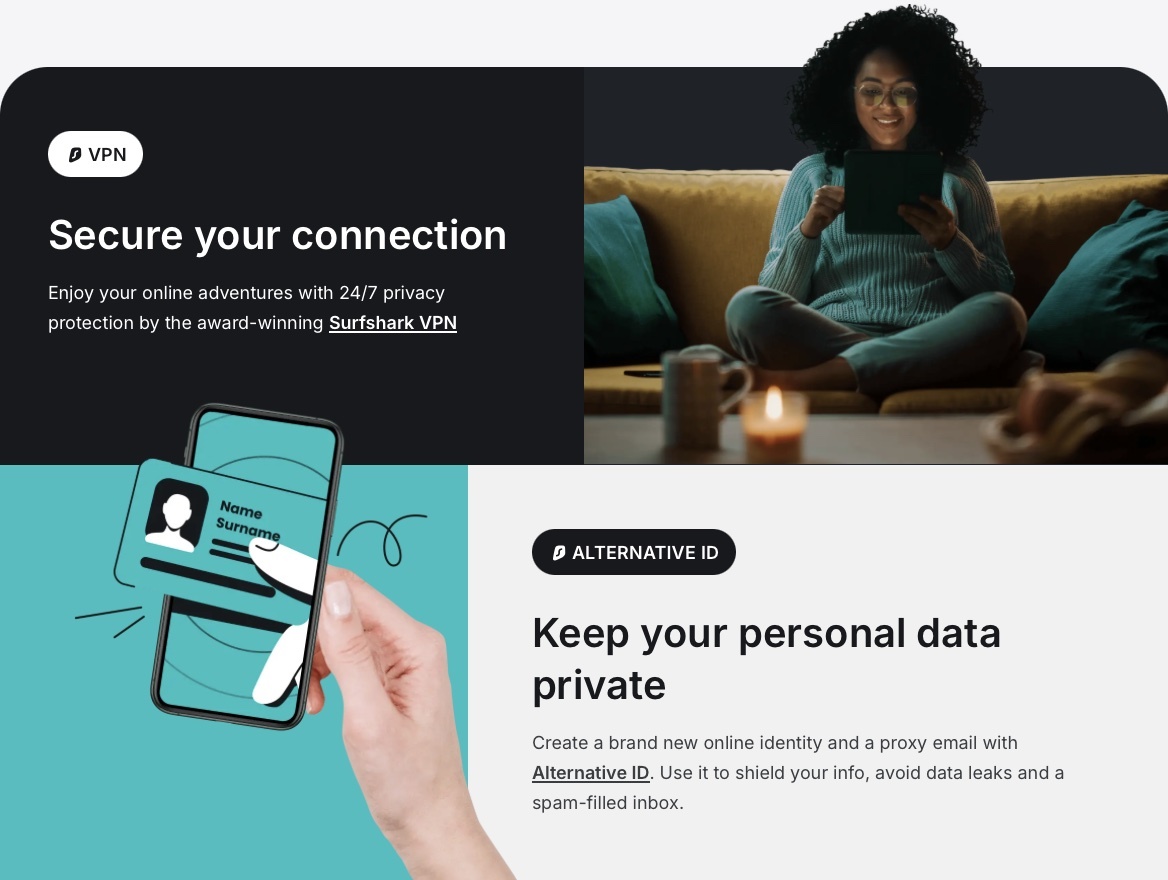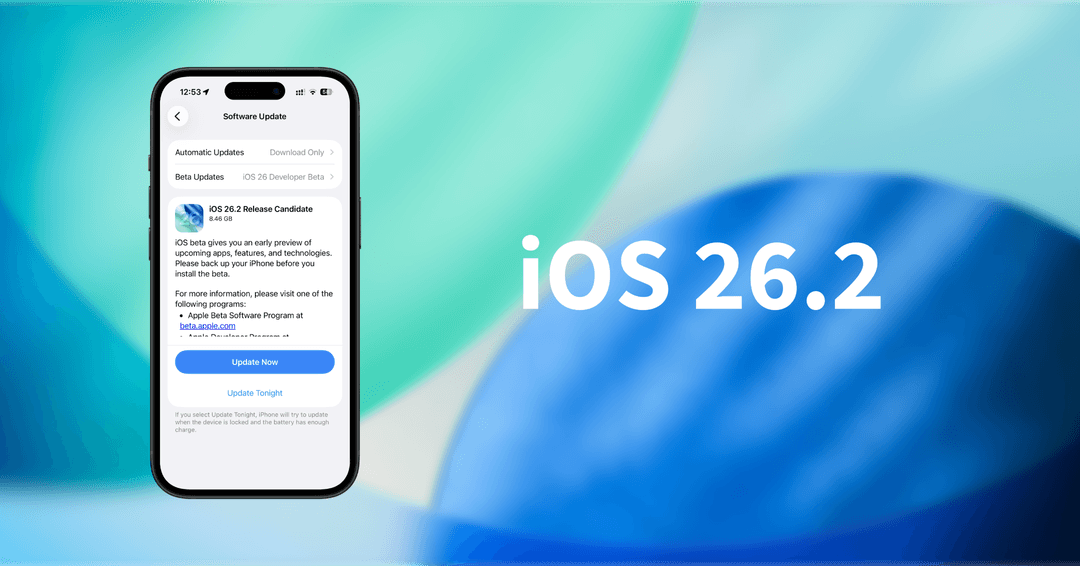Opinion
What's UK's New Child Online Safety Act and Why I Don't Support It
This act threatens fundamental freedoms.
7 MIN READ
By WhitesWolf1
Published:
| Updated:
Please refer to our Editorial Disclaimer and Risk Warning before reading this article.
The United Kingdom's Online Safety Act has officially come into force, sparking one of the most contentious debates about internet freedom and child protection in recent years. While the legislation claims to protect children from online harm, I believe this act represents a misguided overreach that threatens fundamental freedoms while failing to address the real issues at hand.

The Act in Detail: What's Actually Happening
The Online Safety Act 2023 requires platforms to implement "highly effective" age verification systems for content deemed harmful to children. This includes not just pornography sites, but extends to social media platforms like X, Reddit, Bluesky, and even services like Spotify. Users must now submit government ID, undergo facial recognition scans, or provide credit card information to access content that might be considered sensitive.
The legislation hands sweeping powers to Ofcom to impose fines of up to £18 million or 10% of global revenue on non-compliant platforms. More troubling, it grants unprecedented authority to government ministers to directly interfere with Ofcom's operations and dictate content policies.
Public Rejection: The Numbers Don't Lie
The British public has delivered a resounding rejection of this legislation. Within days of implementation, nearly 500,000 people signed a petition demanding its repeal - a number that continues growing daily. VPN downloads skyrocketed by 1,400% as citizens scrambled to bypass these restrictions. Five VPN apps dominated Apple's App Store top 10 free downloads, with Proton VPN alone reporting an 1,800% spike in UK signups.
You, too, can sign the petition by clicking the link here.

This isn't just statistical noise - it's a clear signal that people fundamentally reject the government's approach to internet regulation.
If you are also looking for ways to browse safely and privately, consider subscribing to Surfshark by clicking the link here for up to 87% off and 3 free months.

The Censorship Reality: Beyond Child Protection
Despite government claims about protecting free speech, the act has already demonstrated its true censorship potential. The evidence is overwhelming and deeply troubling.
Political Content Being Censored
Users attempting to view political posts encounter messages stating "Due to local laws, we are temporarily restricting access to this content until X estimates your age." This creates a chilling effect on political discourse and democratic participation.
Parliamentary Democracy Under Attack
Even more alarming is the censorship of British parliamentary content. Conservative MP Katie Lam's parliamentary speech about grooming gang victims can be viewed freely on Parliament's official streaming service but is age-restricted on X. As Lam herself noted: "The state won't protect children from gang rape. But it will 'protect' adults from hearing about it."
This represents a direct assault on democratic transparency and public discourse.
Support Communities Eliminated
Reddit has blocked access to crucial support communities including r/sexualassault, r/periods, r/stopsmoking, and r/stopdrinking. Young people cannot access information about sexual assault or potential abuse under these "child safety" laws, making them paradoxically less able to identify abuse and more vulnerable to exploitation.
Health-related forums discussing everything from menstruation to addiction recovery now require government ID verification - creating barriers to essential health information.
Political Figures Speaking Out
The severity of this overreach has prompted fierce political debate. Technology Secretary Peter Kyle has gone so far as to claim that anyone opposing the act is "on the side of predators" - a despicable tactic that stifles legitimate criticism by equating policy disagreement with support for child abuse.
Reform UK leader Nigel Farage has correctly identified this as "state suppression of genuine free speech." In response, Home Office Minister Jess Phillips accused Farage of prioritizing "clicks for his monetized social media accounts" over children's safety - completely missing the point that protecting civil liberties and protecting children are not mutually exclusive goals.
The heated exchange reveals how the government uses emotional manipulation to silence critics, labeling any opposition as pro-predator rather than engaging with legitimate concerns about authoritarian overreach.
The Misplaced Priorities Problem
Here's where the government's priorities become starkly apparent. While rushing to implement internet restrictions, they've consistently failed to address more pressing child safety issues. The recent National Audit on grooming gangs revealed that only around 700 group-based child sexual exploitation offences were recorded in 2023, yet the government treats this as less urgent than controlling what teenagers see on social media.
Consider these statistics:
500,000 children experience sexual abuse annually in the UK
115,000 recorded cases of child sexual abuse in 2023
Only 34.9% of children experience in-person bullying, compared to 19.1% experiencing online bullying
The numbers reveal a clear truth: children face far greater risks in the physical world than online. Yet the government chooses to focus on creating a digital surveillance state rather than addressing the grooming gangs, school bullying, and real-world violence that genuinely threaten children's safety.
Parental Responsibility vs. Government Control
The fundamental issue isn't whether children should be protected - they absolutely should. The question is who bears that responsibility. Parents are uniquely positioned to understand their children's needs, maturity levels, and circumstances. They can implement household rules, use existing parental controls, and engage in meaningful conversations about online safety.
The government's approach infantilizes parents while simultaneously removing their authority to make decisions about their children's digital lives. As research consistently shows, empowering parents with tools and education is far more effective than blanket government restrictions that fail to account for individual family circumstances.
Technical Reality: The VPN Escape Hatch
The massive surge in VPN usage exposes the technical futility of this approach. Teenagers - who often understand technology better than the adults regulating it - can easily circumvent these restrictions. Free VPNs, despite security concerns, are readily available and simple to use.
This creates the worst possible outcome: law-abiding adults face surveillance and restrictions while determined users (including minors) can easily bypass them using potentially unsafe tools. The act transforms the internet into a space where privacy-conscious adults are penalized while actual harmful actors continue operating unimpeded.
A Better Path Forward
Real child protection doesn't require dismantling digital privacy. Instead, we should focus on:
Enhanced digital literacy education in schools and communities, teaching children critical thinking skills for navigating online spaces safely.
Robust support systems for families, including accessible resources for parents to understand and manage their children's digital lives.
Targeted law enforcement against actual crimes - focusing resources on prosecuting those who exploit children rather than monitoring ordinary citizens.
Platform accountability without censorship - requiring transparency in recommendation algorithms without mandating content removal or surveillance.
The Authoritarian Creep
This act represents more than misguided child protection - it's a fundamental shift toward state surveillance and control. By establishing the infrastructure for universal age verification and content monitoring, the government creates tools that inevitably expand beyond their original purpose.
The evidence is already clear: content about parliamentary debates, health support groups, and legitimate news reporting are being censored under the guise of "child safety." Today it's "protecting children." Tomorrow it could be preventing "misinformation" or suppressing political dissent. The precedent being set is dangerous, and the public's rejection through VPN adoption and petition signing demonstrates a healthy skepticism of government overreach.
As one prescient social media comment noted: "Governments use the term 'protection' to take away your rights. No. This is control disguised as safety."
Rejecting the Surveillance State
The UK's Online Safety Act fails on every level. It doesn't protect children from real harms, it violates adults' privacy and freedom, and it establishes dangerous precedents for government control over digital communication. The massive public backlash - from nearly 500,000 petition signatures to explosive VPN adoption - shows that British citizens recognize this legislation for what it truly is: not child protection, but authoritarian overreach.
The censorship of parliamentary debates and support communities proves this was never about protecting children. It's about controlling information and establishing the infrastructure for broader speech suppression.
We must reject this surveillance state mentality and instead empower parents, invest in genuine child protection measures, and preserve the open internet that has driven innovation, connection, and freedom for decades. The government's role should be supporting families and prosecuting actual criminals - not monitoring every citizen's digital life under the guise of child safety.






